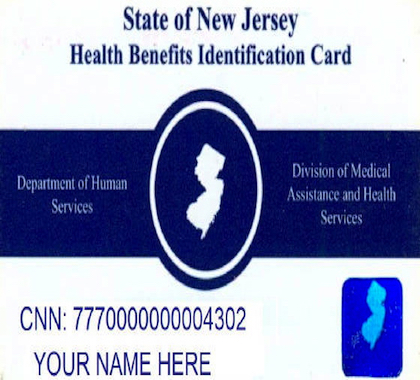The intent of the waiver plan—which CMS approved for a period of five years, starting in 2019—is to lower premium and subsidy costs in the individual health insurance market.
Fighting Obamacare Problems
New Jersey’s action is part of a nation- wide effort by states to use the waiver process to counter Obamacare’s harmful effects, says Matthew Glans, a senior policy analyst at The Heartland Institute.
“New Jersey is facing the same challenges that other states that have applied for the innovation waiver face,” Glans said. “Oklahoma, for example, was granted the same waiver in 2017 due to the Affordable Care Act’s exchange collapsing. Those seeking insurance on the ACA exchange were facing higher premiums and smaller numbers of participating insurers. The Oklahoma Legislature passed a bill in 2016 calling for the state to explore possible solutions under the 1332 State Innovation Waiver process. The policy change was part of a larger package of reforms that included offering consumer health accounts that are similar to health savings accounts and eliminating the Federally Facilitated Marketplace in favor of a state-based platform.”
“Section 1332 of the Affordable Care Act (ACA) permits a state to apply for a State Innovation Waiver to pursue innovative strategies for providing their residents with access to high quality, affordable health insurance while retaining the basic protections of the ACA,” CMS wrote in a release announcing the waiver approval. “State Innovation Waivers allow states to implement innovative ways to provide access to quality healthcare that is at least as comprehensive and affordable as would be provided absent the waiver, provides coverage to a comparable number of residents of the state as would be provided coverage absent a waiver, and does not increase the federal deficit.”
Protecting Insurance Providers
CMS defines reinsurance as “a reimbursement system that protects insurers from very high claims. It usually involves a third party paying part of an insurance company’s claims once they pass a certain amount. Reinsurance is a way to stabilize an insurance market and make coverage more available and affordable.”
Although reinsurance programs are commonly available in the free market, New Jersey’s program will be state-run.
To date, seven states have received approval from CMS to implement reinsurance programs: Alaska, Maine, Maryland, Minnesota, New Jersey, Oregon, and Wisconsin.
Cost-Cutting Hopes
New Jersey Gov. Phil Murphy approved the reinsurance program in May, and the waiver was announced on August 16 by the New Jersey Department of Banking and Insurance (DBI). The administration “has made it a priority to pursue policies that protect the health of New Jersey families by improving access to affordable quality health coverage,” DBI Commissioner Marlene Caride said in a press statement.





